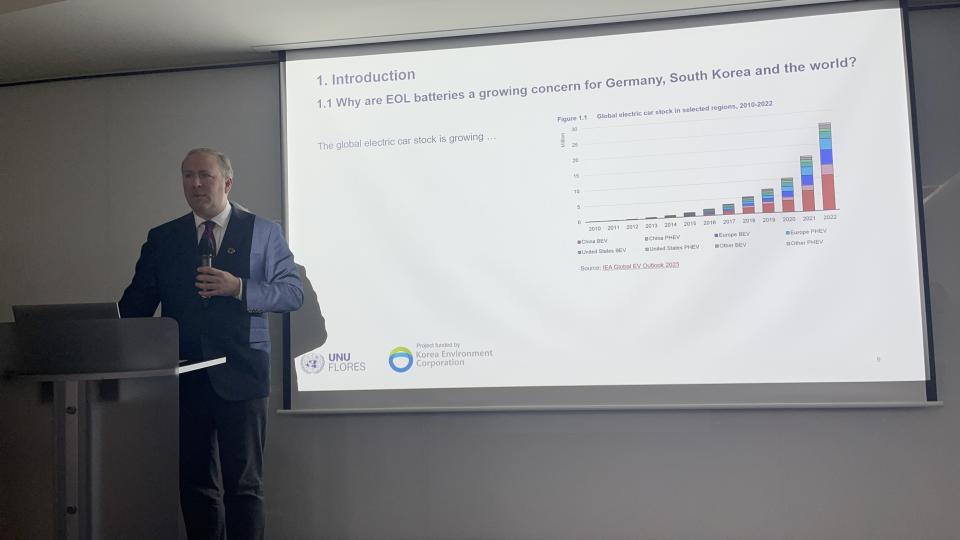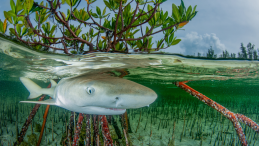The United Nations University Institute for Integrated Management of Material Fluxes and of Resources (UNU-FLORES) is glad to announce the launch of "TRANS-PLAST" – its 4th collaborative research project with Korea Environment Corporation (K-eco). This new project aims to address the global problem of plastic pollution and packaging waste through Resource Nexus approaches and experience sharing between Europe and South Korea.
The project, titled "TRANS-PLAST: Resource Nexus Approaches to Sustainability Transformations in Plastic and Packaging Material Use, Reuse and Reduction," is a response to the global call for ending plastic pollution as highlighted by the UN Secretary-General on World Environment Day 2023. Since the Republic of Korea will host the last Intergovernmental Negotiating Committee (INC-5) to develop an international legally binding instrument on plastic pollution, including in the marine environment in November this year, it is expected to provide actionable insights and policy recommendations that will help reduce plastic pollution and promote sustainable practices in Korea and beyond in a timely manner.
The "TRANS-PLAST" project seeks to promote a circular economy that mitigates plastic pollution by an integrated approach that includes reducing plastic consumption (e.g. in single-use items and packaging materials), but also-advancing the use of recycled materials for packaging and other purposes. The project will highlight best practices from the EU, particularly from Germany, France, and the Netherlands, analyzing both their regulatory frameworks regarding plastic waste and experiences with their practical implementation. Through this collaboration, experts from both institutes will have the opportunity to share their knowledge and experiences via co-organized workshops.
The project forms yet another element of the collaboration between K-eco and UNU-FLORES that currently includes joint projects, and the funding and hosting of interns and senior research fellows. In their most recent project, UNU-FLORES and K-eco analysed and discussed the emerging issue of the transition to electric mobility with regard to the implications it has for increasing volumes of battery waste. On the one hand, this project called NABATE concluded that promoting second-life applications for used batteries has significant potential, but that it is currently being challenged by a decreasing cost of new batteries. On the other hand, recycling in Europe will in the future be better regulated and facilitated by the introduction of battery passports and advances in recycling technologies. Interestingly, UNU’s experts and the K-eco team also identified a similar barrier for battery recycling in South Korea and Germany: substantial fears and occasionally also resistance by the population to have recycling facilities established in their neighborhood. Therefore, the dialogue between policy makers, industry and civil society will be of high importance for the acceptance of significantly increased recycling capacities that will be needed in the future. that will be needed in the future.




